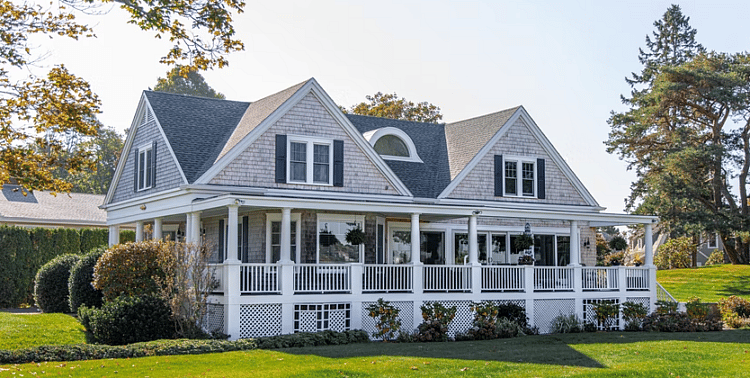Amherst Moves Forward With Reparations

A push by reparations activists in Amherst to start a public fund for black people has been greenlit by the town council.
The money is scheduled to come annually, roughly matching Amherst's current local marijuana tax revenue, which is about $205,000. The council set a ceiling at that figure. The council intends for the arrangement to continue for 10 years, totaling $2 million in reparations. However, the motion does not bind future councils, allowing them to decide to earmark the money annually, depending on the town's financial health.

